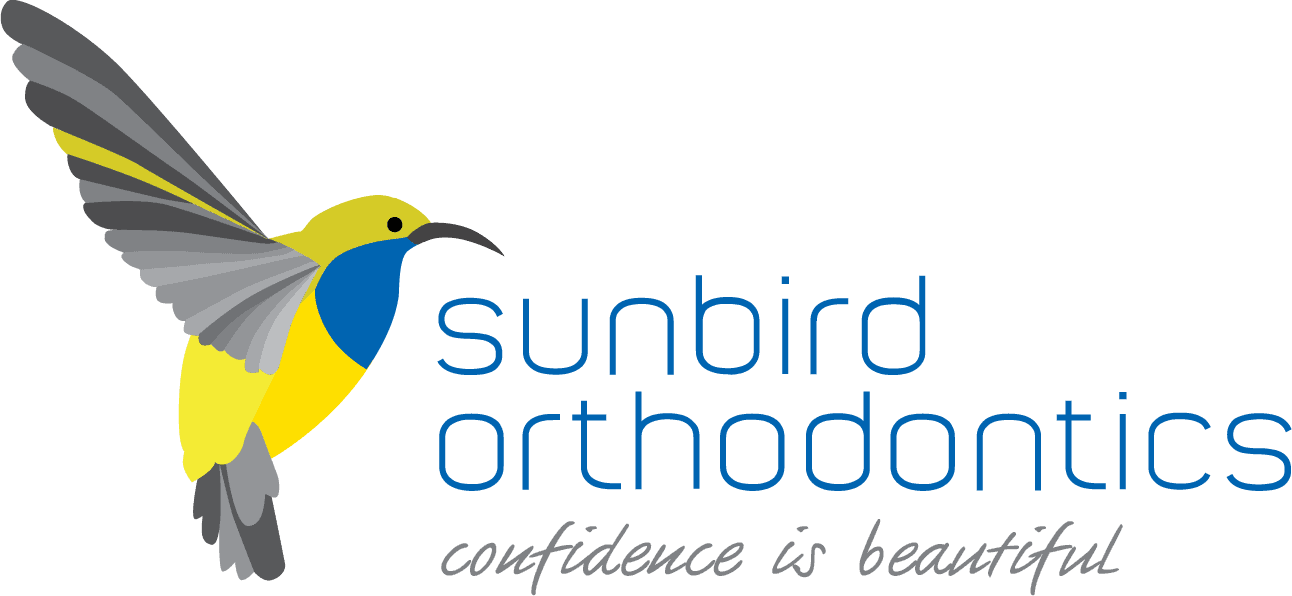Thumb sucking. If you have a child who does this, then you will know how frustrating this can be. And I bet you have tried everything under the sun to stop the habit, without success!
It’s well known that thumb sucking is one of the earliest reflexes to develop, and you may even have seen incredible 3D scans of unborn children sucking their thumb in the womb. This reflex exists to ensure your baby can feed from the moment it is born.
However, thumb/finger sucking and pacifier use has no nutritional benefit. These are called non-nutritive sucking habits, or NNSH’s. Pacifier use can provide some benefits to young children, however there is no benefit in encouraging pacifier use beyond the age of 2 ½ years.
Population studies have shown that 82% of newborns have a NNSH up to 5 months. This incidence drops to around 50% by age 4 years of age. At 7 years of age, around 12% still have a NNSH, dropping to below 2% by 12 years of age. Therefore, to a large extent this is a self-solving problem, and most children have stopped the habit well before it affects the adult teeth.
The long term effects of a prolonged sucking habit include prominent adult teeth (bucky teeth), narrow palate, bite and speech problems. Orthodontic treatment can correct most of these problems. However, prevention is better than cure.
Around the age of 5-6 years, before adult teeth appear, sucking habits should be stopped.
There are a number of physical and psychological strategies described in books and magazines to encourage children to end the habit. These include taste aversion creams, reminder bandages, positive reinforcement and negative reinforcement.
However, it must be remembered that a child will not stop the habit unless he/she WANTS TO! If the child has not developed sufficient awareness (cognition), then any physical or psychological attempts to prevent the habit will be a negative experience for the child. The age at which a child develops sufficient awareness varies greatly, but they usually get there in the end!
A visit to your dentist or Orthodontist can help your child understand that the problem is serious. Often, just an encouraging talk with someone with perceived authority is enough for a child to give up the habit.
There are certain appliances that can be made by the dentist or Orthodontist that can be placed in the child’s mouth which interfere with the sucking habit, removing the pleasure of the habit. Often this can allow spontaneous correction of any dental problems caused by the habit. This is done when the child’s teeth are badly affected.
A recent high level systematic review has provided data which shows that both physical (plates etc) and psychological intervention by an Orthodontist is approximately 6 times more effective at stopping a sucking habit than no intervention at all.
So, in summary:
- Sucking habits are common.
- In most cases it is a self-solving problem, before the adult teeth are affected.
- Less than half of children will continue the habit to the point where it affects the adult teeth.
- It is best to stop the habit before the adult teeth emerge around 5-6 years old.
- A visit to the dentist or Orthodontist can help significantly to stop the habit.
- Specialist Orthodontists are perfectly placed to correct most problems caused by the habit if adult teeth are affected.


